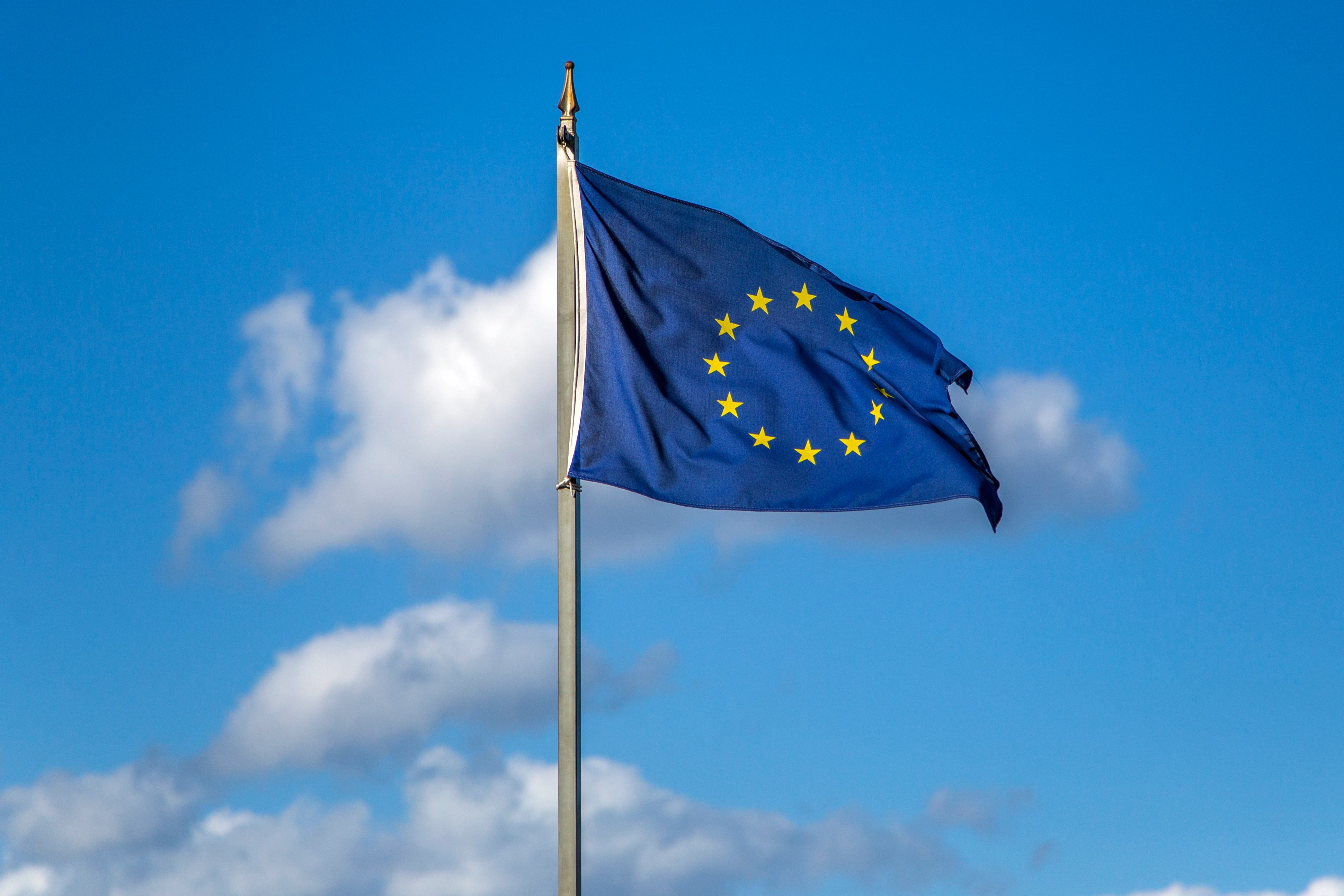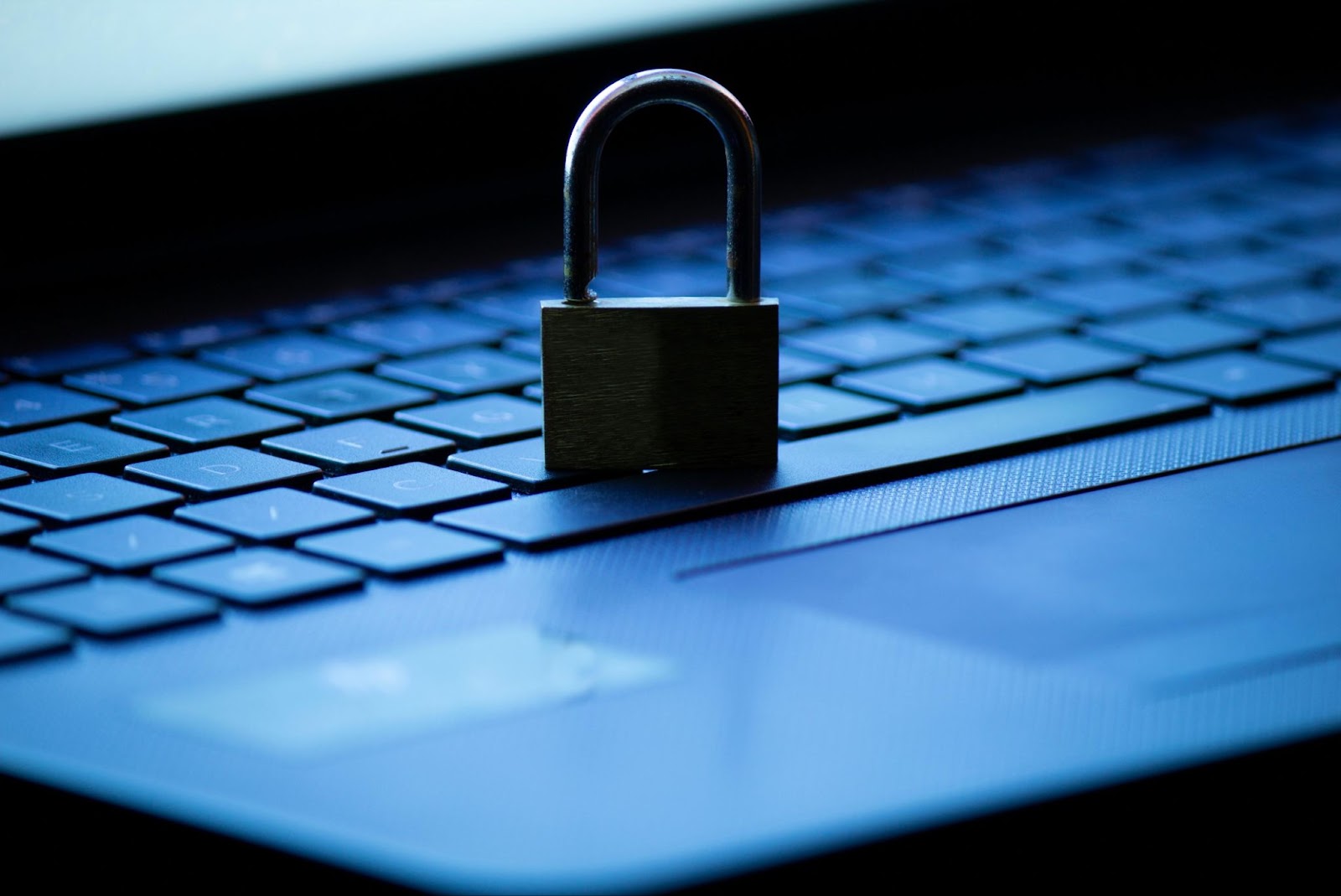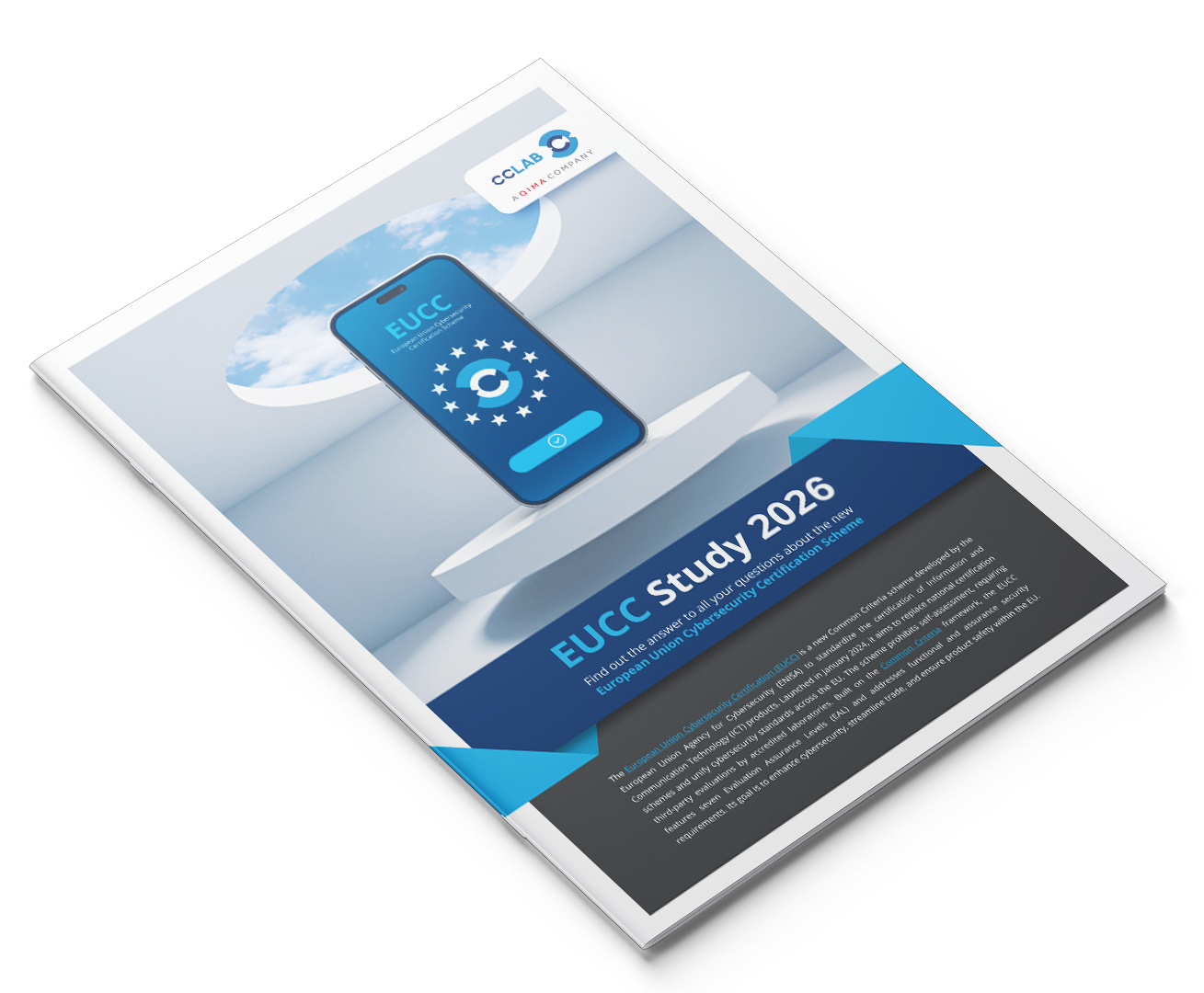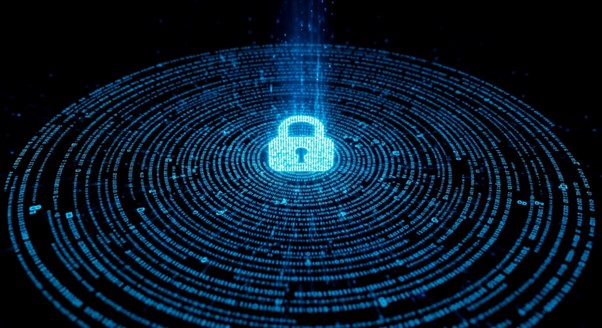
Is EUCC Enough? Addressing Gaps in European Cybersecurity Certification
7
min reading time
Achievements and Strengths of EUCC
The EUCC scheme provides a long-awaited foundation for European cybersecurity certification, offering clarity, consistency, and strategic direction in a domain that was once fragmented by national regulations.
One of the greatest accomplishments of EUCC is the harmonization of cybersecurity certification across EU member states. Before the European Cybersecurity Certification, organizations had to navigate a maze of overlapping or even conflicting national schemes. This patchwork approach not only created inefficiencies but also posed compliance and legal risks for companies operating across borders. The EU cybersecurity certification eliminates this complexity by establishing a single, unified framework for cybersecurity certification throughout the EU.
This streamlined approach enhances market access and trust, especially in public procurement and cross-border trade. Buyers in both the public and private sectors can now rely on a common certification baseline, which significantly reduces uncertainty and transaction costs. The alignment also strengthens confidence in certified ICT products, a key asset in the EU's digital economy.
Importantly, EUCC contributes to the strategic goal of digital sovereignty. Promoting European-centric assurance standards, it helps reduce reliance on third-country certification schemes, such as those from the U.S. or Asia. This independence empowers the EU to enforce its data protection and security norms across its internal market.
Additionally, EUCC plays a pivotal role in preparing the groundwork for future schemes. It serves as the legal, procedural, and technical foundation for emerging sector-specific initiatives like EUCS (cloud services), EU5G, and potential certifications for artificial intelligence and consumer IoT. In this way, the European Cybersecurity Certification Scheme is more than a static framework; it’s a living infrastructure meant to evolve with Europe’s cybersecurity needs.
Moreover, the scheme encourages a security-by-design culture. Developers are incentivized to integrate cybersecurity features early in the product lifecycle, knowing that certification requires demonstrable mitigation of risks. This cultural shift can yield long-term benefits by elevating the overall security of ICT products entering the European market.

Where EUCC Falls Short in European Cybersecurity Certification
Despite these strengths, it’s important to recognize the gaps in the current the European Cybersecurity Certification implementation. Not to undermine its value, but to identify where complementary frameworks and future policy actions can help strengthen Europe's digital defenses.
Limited Sectoral Coverage
The EUCC framework is specifically intended for the certification of general-purpose ICT products and systems that implement security functions. Its scope does not directly extend to vertical-sector certification schemes in areas like healthcare, automotive, or industrial control, which often involve domain-specific regulatory requirements and safety standards.
However, EUCC may still be relevant to components used within those sectors, provided those components qualify as ICT products under the EUCC definition. For example, a secure data storage module embedded in a medical device or ESG reporting software that includes secure communications features may be eligible for EUCC certification at the component or software level, if these elements operate independently of sector-specific regulatory logic and fall within the horizontal scope of the scheme.
Rather than replacing sector-specific cybersecurity assurance frameworks, EUCC provides a horizontal security baseline. It can serve as a complementary layer of assurance, especially for cross-sector ICT components that must demonstrate conformity with widely accepted international standards.
Lack of Agility
In a world of rapid innovation and evolving cybersecurity threats in the EU, certification schemes must be able to adapt to fast-moving technological developments. However, the European Cybersecurity Certification process, as it currently stands, is often seen as rigid, resource-heavy, and time-consuming.
This makes it ill-suited for products that evolve continuously, such as SaaS platforms, AI-based solutions, or consumer IoT devices. For these technologies, regular updates, security patches, and agile development cycles are not just best practices; they are essential.
When certification frameworks cannot match the speed of development, they risk becoming outdated before the product even reaches the market. In such cases, a certified product may pass its evaluation but become vulnerable to newly discovered threats within weeks. This misalignment between assurance timelines and operational realities exposes a significant gap in product security across the European digital ecosystem.
EU policymakers and certification bodies need to explore more agile models of assurance, such as incremental certification, modular validation, or even real-time monitoring of vital components. Continuous assurance doesn’t mean sacrificing rigor; it means shifting the model from static one-time reviews to adaptive, lifecycle-aware processes that align with how modern digital products are built, deployed, and maintained.

Voluntary Nature
The non-mandatory status of EUCC across most sectors further limits its effectiveness. Many organizations, especially those not subject to regulatory pressure, lack the incentive to pursue certification. As a result, the adoption of European Cybersecurity Certification is uneven, and its benefits are largely confined to compliance-driven or well-resourced entities.
This voluntary aspect means that the overall impact of EUCC on Europe’s cybersecurity posture may be narrower than intended. Expanding its influence will require policy changes, incentives, or regulatory mechanisms to encourage broader adoption.
Insufficient SME Inclusion
While EUCC certification can present certain challenges for SMEs, such as resource constraints, documentation demands, and the need for specialized expertise, the scheme is evolving in a direction that increasingly supports smaller players.
Its tiered assurance levels allow for scalable entry points, and initiatives across the EU aim to simplify the process, reduce costs, and provide financial assistance where possible. Moreover, experienced evaluation labs like CCLab offer tailored guidance to help SMEs navigate certification more efficiently. As the ecosystem matures, EUCC is becoming a more accessible and strategic tool, not only for demonstrating cybersecurity assurance but also for gaining competitive advantage in both European and global markets.
Interoperability with Global Standards
For companies operating internationally, EUCC’s alignment with global certification standards is a practical concern. Frameworks such as NIST, ISO/IEC 27001, and SOC 2 are widely recognized by customers and regulators outside Europe. When the European Cybersecurity Certification diverges from these standards, it can result in duplicated efforts and increased compliance costs.
To ensure that European cybersecurity certification supports, not hinders, international trade, greater interoperability and mutual recognition with global standards should be pursued. This would allow companies to reuse assurance artifacts, streamline audits, and reduce regulatory burdens.

Complementary Approaches: EUCC and Beyond
Rather than viewing these challenges as shortcomings, they should be seen as opportunities for constructive expansion. EUCC is not a standalone solution; it is a pillar in a broader cybersecurity architecture.
Emerging legislation, such as the Cyber Resilience Act (CRA), is poised to extend mandatory security requirements to a wider range of digital products and services. These complementary regulations will help address some of the European Cybersecurity Certification’s limitations by ensuring baseline security and reinforcing a consistent risk management culture across sectors and company sizes.
Additionally, sector-specific schemes like EUCS (for cloud) and initiatives addressing medical devices and automotive cybersecurity are already in development or pilot stages. These frameworks will build on the EUCC foundation, bringing more granularity and contextual understanding to the certification process.
As an accredited Common Criteria evaluation lab, CClab has been at the forefront of helping companies navigate not only the European Cybersecurity Certification but also adjacent domains. From our work with ESG software certification to insights on the challenges of RED, CCLab exemplifies how a potent certification ecosystem depends on collaboration, expertise, and adaptation.
How CCLab Can Help
As European cybersecurity certification becomes an increasingly strategic concern, organizations need experienced partners to guide them through the complexity of compliance. As an accredited Common Criteria evaluation lab, CCLab plays a pivotal role in helping companies prepare for and achieve EUCC certification.
CCLab supports clients at every stage of the process from initial feasibility assessments and scope definition to Security Target development, testing coordination, and submission to national cybersecurity authorities. Whether the product is a secure operating system, a cryptographic module, or a trusted cloud component, CCLab ensures that it is evaluated with full adherence to EUCC’s technical and procedural requirements.
With its strong track record in ESG software, IoT, and other security-relevant domains, CCLab is more than a technical evaluator; it is a trusted partner in building secure, certified, and future-ready digital products.
Summary
The European Cybersecurity Certification marks a pivotal advance in European cybersecurity certification. It unifies fragmented national schemes, promotes digital sovereignty, and lays the groundwork for future certification programs. As a foundational framework, it’s instrumental in driving trust, security, and innovation within the EU’s digital ecosystem.
Yet, it is not the endpoint. Addressing its current gaps, such as limited sectoral reach, lack of agility, and barriers for SMEs, will require layered strategies that include legislative support, technical innovation, and closer alignment with global standards.
Rather than asking “Is EUCC enough?” the better question is: How can we build on EUCC to construct a future-ready certification landscape? Through initiatives like the Cyber Resilience Act, sector-specific schemes, and support from independent cybersecurity labs, like CCLab, Europe can create a resilient, inclusive, and internationally aligned cybersecurity ecosystem.
Related downloadables
Related downloadables


EUCC Study - The New European Union Cybersecurity Certification Scheme
EUCC Study - The New European Union Cybersecurity Certification Scheme
Download EUCC Study 2024 for the most important and up-to-date information about the new European Union Cybersecurity Certification Scheme


Common Criteria Evaluation Process infographics
Common Criteria Evaluation Process infographics
This downloadable infographics introduces the Common Criteria Evaluation process to you. Explore now for free.
.png)
.png)
Discover the power of CCGuide training course - FREE flyer
Discover the power of CCGuide training course - FREE flyer
This CCGuide flyer will quickly introduce you to the benefits of CCGuide training course subscription for your team. You can be sure that you will be able to use the knowledge you have acquired here and easily pass the CC requirements.
Related news

How to Meet IoT Cybersecurity Standards Using the ETSI EN 303 645 Guide
This article provides a comprehensive guide to meeting consumer IoT security standards using the ETSI EN 303 645 framework. It explains why this standard has become the global baseline for compliance, serving as a critical foundation for regulations like the UK PSTI Act and the upcoming EU Cyber Resilience Act (CRA). The post breaks down the 13 essential security provisions, such as banning default passwords and securing software updates, and outlines a structured assessment path from scope definition to accredited testing. Learn how to treat security as a design constraint to avoid market delays, leverage gap analysis for early detection of vulnerabilities, and turn technical compliance into a trusted competitive edge for your smart devices.
5
min reading time

Understanding EUCC Assurance Levels: What “Substantial” and “High” Really Mean for ICT Security
This article provides a strategic guide to the new EUCC assurance levels, explaining what "Substantial" and "High" certifications actually mean for your market access. It demystifies the critical shift from simple EAL numbers to risk-based vulnerability analysis (AVA_VAN), detailing exactly which products require advanced penetration testing versus basic surveys. You will learn how to map your device to the correct assurance category, navigate the new mandatory lifecycle and patching requirements, and avoid the costly trap of over-engineering your compliance strategy.
5
min reading time

Implementing EUCC: What High-Assurance Certification Requires Beyond Traditional Common Criteria Approaches
This is a comprehensive overview of the transition to EUCC (European Common Criteria-based cybersecurity certification scheme). It effectively highlights the shift from the old, fragmented SOG-IS approach to a unified, risk-based framework under the Cybersecurity Act.
8
min reading time
